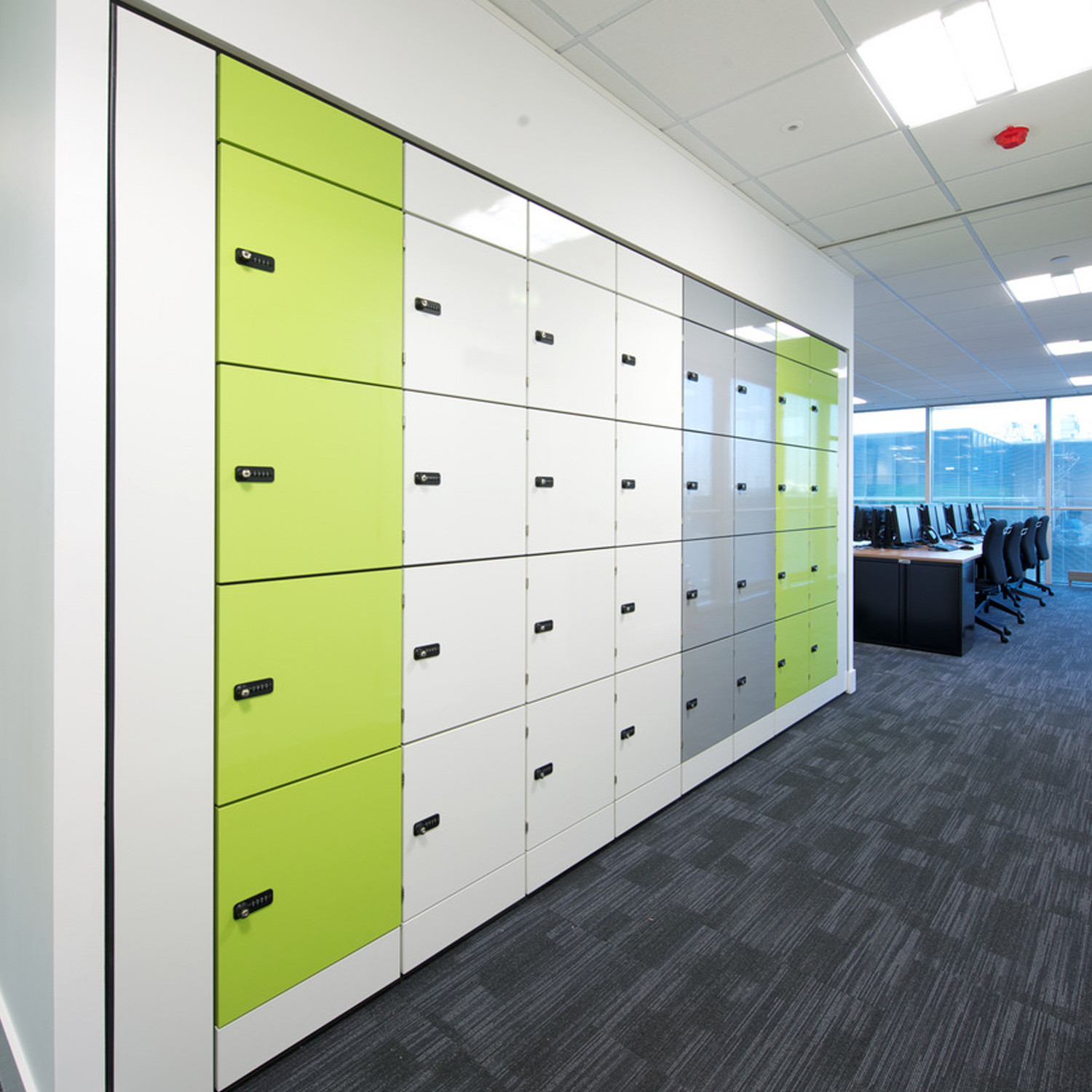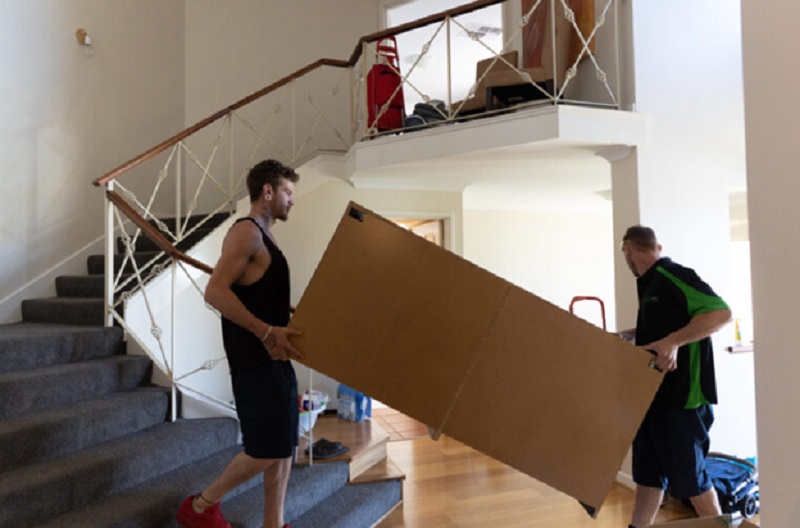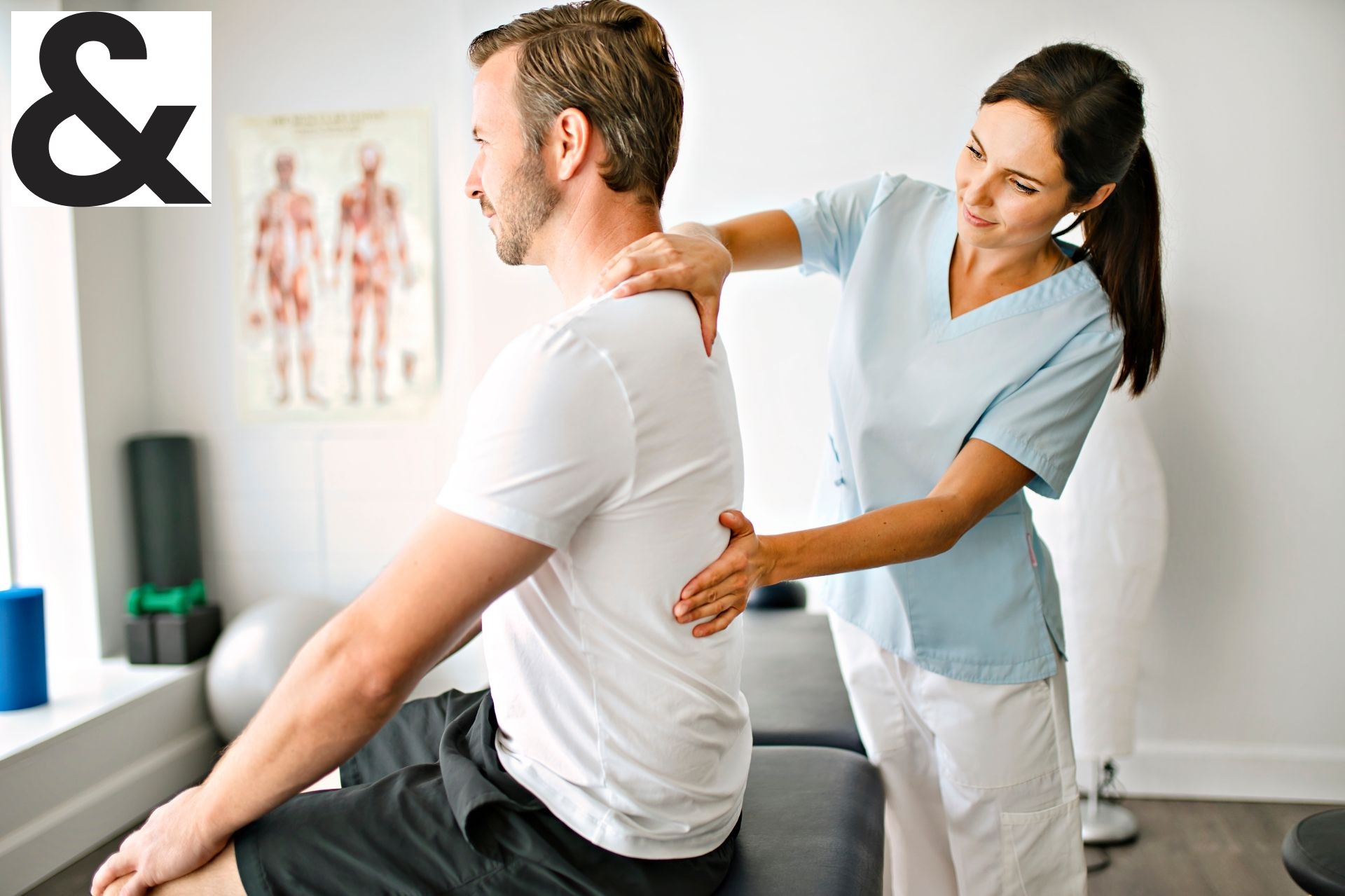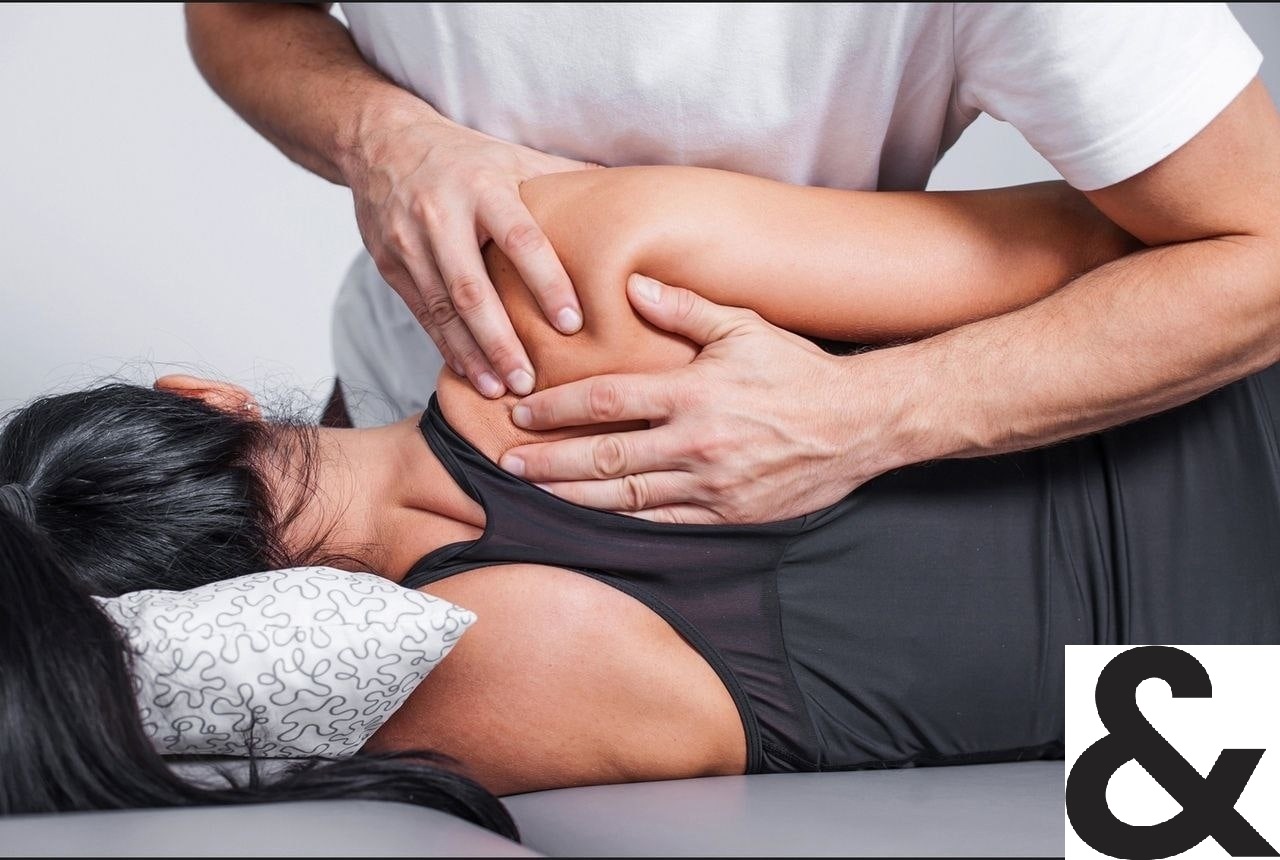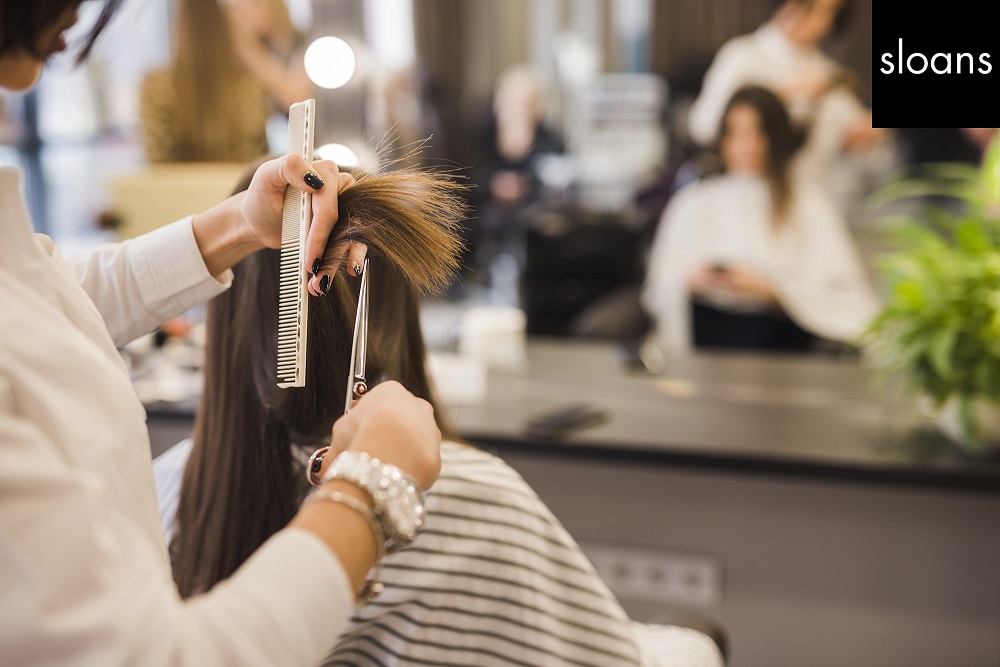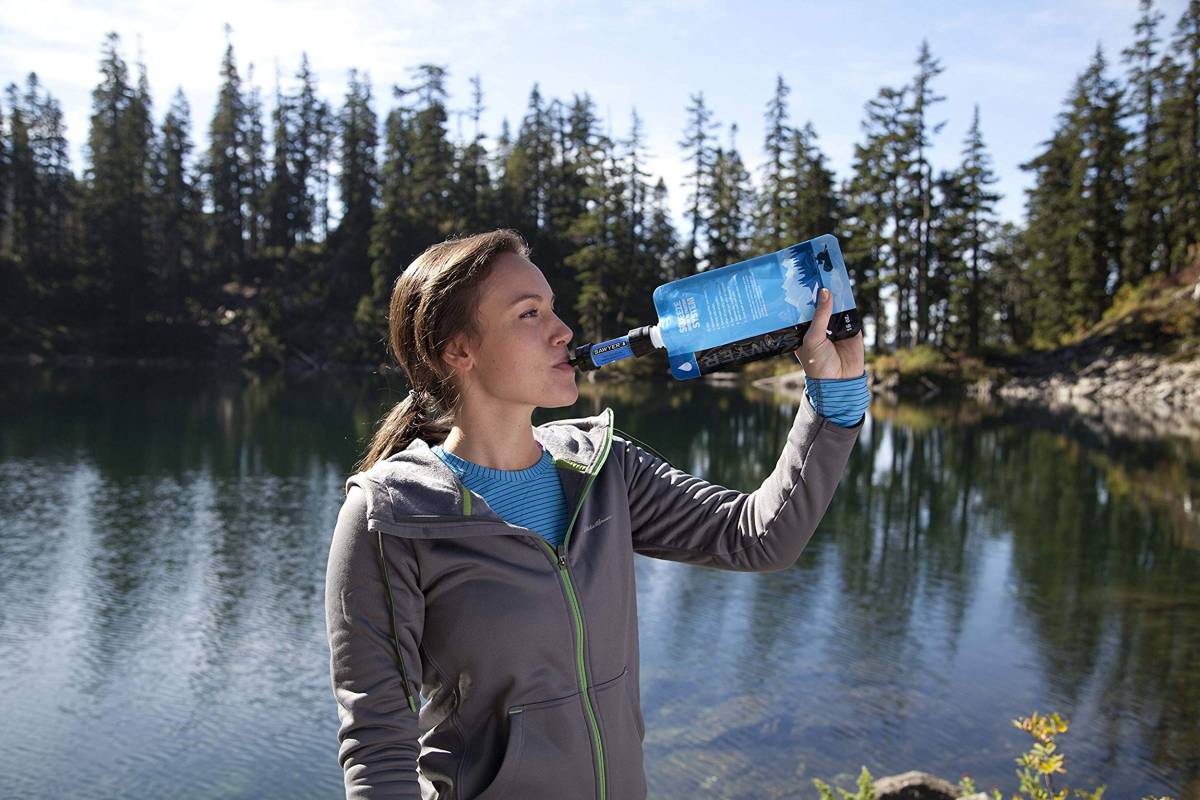
In today’s world, access to potable drinking water is non-negotiable. Unfortunately, not all of us are privy to safe drinking water. This guide will teach you everything you need to know about potable drinking water. We’ll cover topics such as the definition of Potable safe drinking water, different types of water purification methods, and tips on how to stay safe while drinking water in uncertain times.
How do I know if my water is potable?
The best way to determine if your water is potable is to have it tested. There are many ways to test water, and it’s best to use a few of them to get an accurate picture. Contact your local water authority for more information on how to get your water tested. Some common tests for potability include:
-Visual inspection for clarity and odour
-Taste test for sweetness or off-flavours
– pH level test
– Bacteria and chemical analysis
The benefits of potable water
There are countless benefits to potable safe drinking water. Here are just a few:
Water is essential for human life and is the most important nutrient for the body. It helps regulate our temperature, transports nutrients and oxygen to our cells, and helps remove toxins.
Water is also known to boost your metabolism and help with weight loss. In fact, drinking two litres of water per day can help you burn an extra 200 calories. Water is essential for healthy skin and can help improve complexion, reduce wrinkles, and even treat acne. Last but not least, drinking enough water each day has been linked to better mental health, increased energy levels, and reduced stress levels.
One of the many things that sets our water filtration systems apart is the ability to make non-potable water. This means that you can filter any water source, no matter how dirty or contaminated it is. All you need to do is connect the system to any source of non-potable water (a river, a lake, a creek, etc.), and the system will take care of the rest. It will cleanse the water and make it safe for drinking, so you can stay hydrated anywhere, anytime. Plus, our systems are easy to use and transport, so you can take them with you on your next camping trip or outdoor adventure.
The dangers of non-potable water
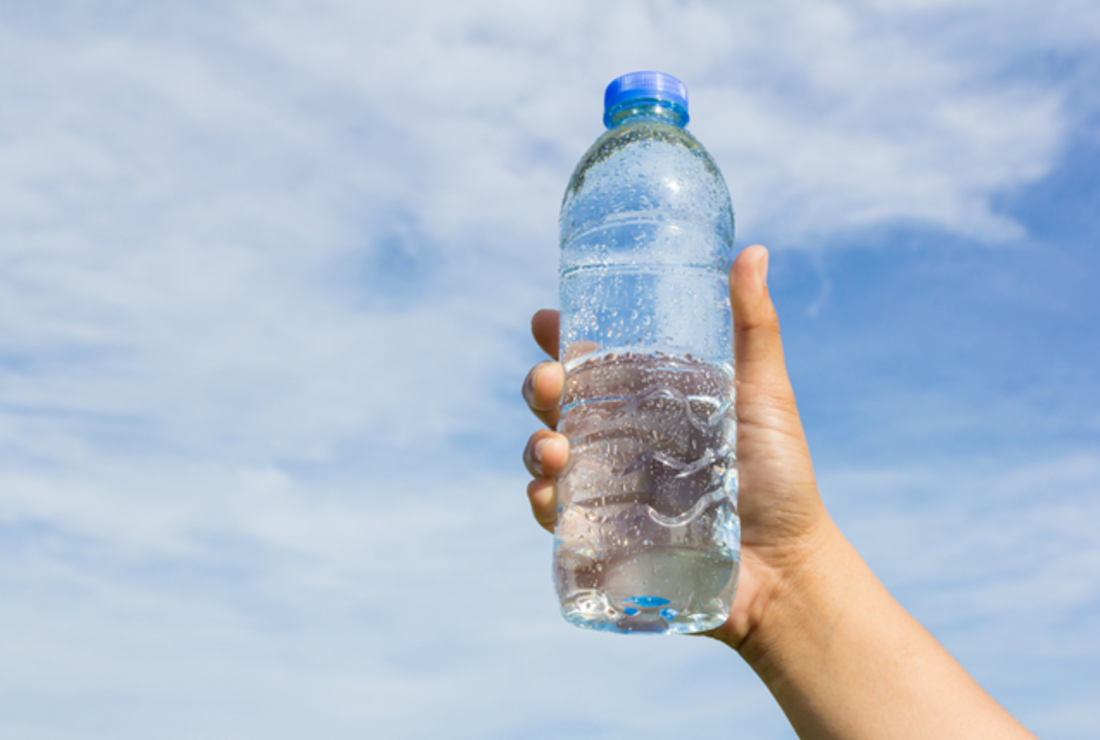
It’s important to remember that not all water is safe to drink, regardless of where you are in the world. In fact, drinking non-potable water can actually be quite dangerous and even lead to death. Some of the dangers of drinking non-potable water include but are not limited to: contracting deadly diseases such as cholera and typhoid, ingesting harmful pollutants and chemicals that can cause vomiting and diarrhoea, and becoming seriously ill or even dying from water-borne parasites.
It’s always important to check with local authorities or your hotel before drinking any water, just to be sure it’s safe. And if in doubt, stick to bottled water which is readily available almost everywhere.
FAQ’s about potable water
Here are a few of the most common questions we get about potable water:
Q: What is potable water?
- Potable water refers to water that is safe to drink and can be used for any purpose, such as cooking or cleaning. It meets all safety standards for drinking water and is approved by the Environmental Protection Agency (EPA).
Q: Where can I find potable water?
- Potable water is available at most public places, such as schools, businesses, and parks. If you’re unable to find a public source of potable water, you can always purchase bottled water from local stores or online.
Q: What should I do if I suspect that my tap water is not potable?
- If you believe that your tap water may not be safe to drink, we recommend contacting your local health department immediately. They will be able to test your water and let you know if it’s safe to drink.
Conclusion:
So, what is the bottom line? Everyone needs potable drinking water. Ensuring you have a safe and reliable source of potable safe drinking water is one of the smartest things you can do for yourself and your family. Implementing one or more of these solutions will give you peace of mind and help keep you and your loved ones safe and healthy.

